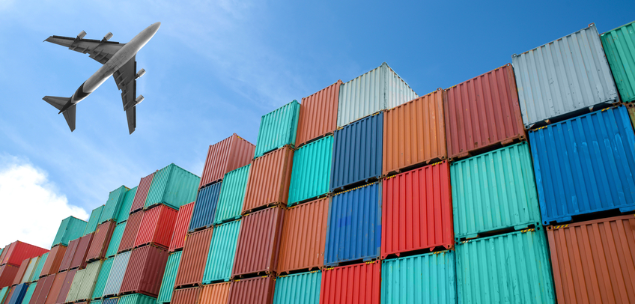Recent Australian Bureau of Statistics’ export figures show that Australia’s manufacturing industries continue to look overseas for export opportunities. According to ABS, 300 Australian manufacturers began exporting for the first time in 2015-2016. With international demand for Australian-made quality products, this is a trend that is likely to continue.
In line with this trend, according to Efic’s latest SME Exporter Index research, over one third of Australian small and medium sized enterprises are optimistic about growth in the year ahead. This optimism is positive for the manufacturing and construction sectors, with one in five small businesses intending to launch new exporting operations within the next six months.
However, businesses also continue to face a number of barriers to export, such as cash flow issues, limiting their access to export finance. Victorian-based construction company, AUS Group Alliance, has overcome such barriers to grow its business internationally.
Victorian success story
AUS Group Alliance (AGA) is a leading Australian specialist construction company that designs, supplies and installs a wide range of innovative products including freeway noise walls and barriers and commercial structures for civil projects.
Most of the products are manufactured in Victoria, with AGA servicing a range of industries including construction, manufacturing, architectural building, food and retail.
AGA has worked on a number of major infrastructure projects in Australia, including Peninsula Link in Victoria, Gateway in WA, the M5 in NSW, and the Southern Express Duplication in SA. In addition to the Australian market, the company has started to explore overseas growth opportunities.
European expansion
In the infrastructure space, AGA has identified Europe and Asia as key target markets for the sale of its products. AGA has engaged a Dutch plastics company in a trial capacity to distribute one of its patented products, a freeway noise wall panel. If successful, this trial could lead to a much larger contract or agent arrangement, allowing AGA to export its products at scale into Europe.
Accessing exporting finance
In order to fulfil the contract with the plastics company, AGA required finance to fund the supply and design costs. While AGA’s bank was supportive of its expansion overseas, it was unable to provide financial support for the contract.
Efic provided a $150,000 Export Contract Loan to support the funding requirements relating to the contract. The finance will be used to fund payments to suppliers and design costs, so that AGA can fulfil its European export contract and grow its overseas operation.
Help for small exporters
While barriers to export finance remain a concern, there are options for small businesses if they know where to look. Overseas markets offer excellent opportunities for Australian companies which are looking to grow their business and take the next step.
For more information on how to overcome financial barriers to export, download our free eBook for SMEs, Export-related finance.
About the author:
This post was written by Andrew Watson, head of the SME team at Efic – which provides financial solutions to help small and medium-sized Australian businesses grow their exports, offshore investments and onshore export-related business opportunities. Prior to joining Efic, Andrew was Head of Rural & Regional Banking at Bankwest and successfully transformed this business, implementing a new sales framework and improving credit quality. He was also head of Bankwest’s Property Finance Business where he successfully implemented a new business strategy for the division.

